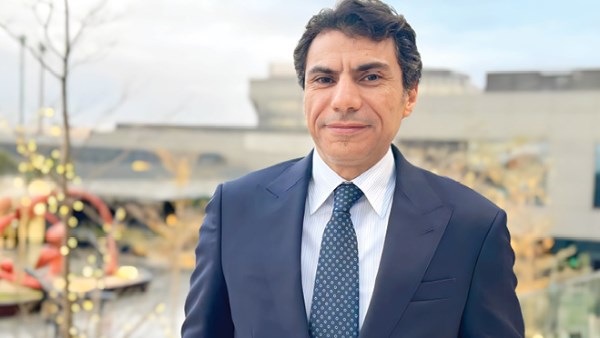
Those worries have translated into a two-day market selloff this week
Businesses sound alarm as Trump tariff chaos hits consumers

With each day, evidence is mounting across the corporate world that the chaotic implementation of U.S. President Donald Trump's tariffs is translating into caution on Main Street.
The uncertainty brought by Trump's threats of tariffs and his shape-shifting trade policies is starting to have a chilling effect across many industries, businesses warn, as consumers pull back on everything from basic goods to travel.
The president's back-an against major trading partners have kept markets on edge, and prompted companies to warn they may have to raise prices, which could boost inflation and dent economic growth. The White House fired another salvo on Tuesday, when Trump said he would double the planned tariff on all steel and aluminium imports from Canada to 50%.
While Trump has said his policies could cause short-term pain, investor concerns about their economic fallout have intensified after he declined over the weekend to predict whether his economic policies would cause a recession.
Those worries have translated into a two-day market selloff this week that has wiped nearly $5 trillion in market value from the S&P 500’s peak last month, when Wall Street was cheering much of Trump's agenda.
Even as markets have stumbled, CEOs have largely refrained from publicly criticizing Trump's trade policies, instead citing "uncertainty" for ebbing confidence. Several of Trump's economic advisers have alternated between downplaying the market's concerns and stressing the need to reorient the economy toward domestic manufacturing, even if it causes near-term damage.
"The administration is saying this is a blip or whatever," said Byron Callan, managing director at Capital Alpha Partners. "There's maybe this willingness to just kind of punch through and try and prove markets are wrong. But that can carry a lot of risk ... it's the judgment of a small group of people against the judgment of millions of people."
Speaking after the market close on Monday, Delta Air Lines CEO Ed Bastian warned that economic worries among consumers and businesses were hurting domestic travel, without referencing tariffs directly. He noted several sectors were showing softness, including autos, technology, media, and aerospace and defense.
"We saw companies start to pull back. Corporate spending started to stall," Bastian told CNBC on Monday. "Consumers in a discretionary business do not like uncertainty."
Trump is expected to speak with around 100 CEOs later on Tuesday, including the heads of JPMorgan Chase , Walmart and General Motors at a regular meeting of the Business Roundtable in Washington. The Republican president met with technology company executives at the White House on Monday.





-1120252475029447.jpg)












